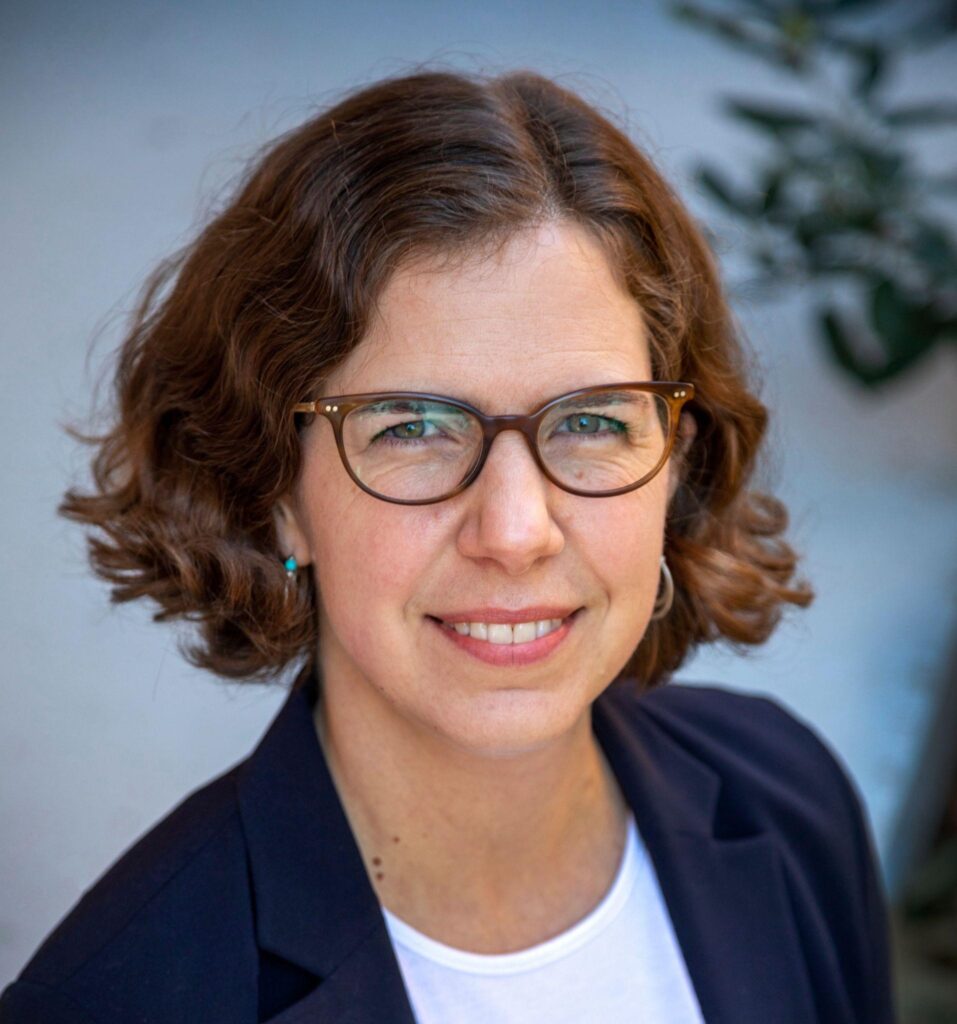Emily Marshall, Franklin & Marshall College – Parents’ Worry About School Health Risks During COVID-19
 On Franklin and Marshall College Week: Parents have an extra set of worries when sending kids off to school.
On Franklin and Marshall College Week: Parents have an extra set of worries when sending kids off to school.
Emily Marshall, assistant professor in the department of sociology, discusses which parents worry the most.
Emily A. Marshall is a sociologist and demographer who studies how social and cultural contexts affect understandings of childbearing. One branch of Dr. Marshall’s research examines how different methods of measuring individual attitudes can shed light on mechanisms by which social and cultural contexts influence individuals’ fertility behavior. Another area of her research examines cross-national variation in concern about low fertility, asking how national contexts affect the construction of low fertility as a social problem. Her newest project uses audio diaries to collect nurses’ accounts of their work experiences during the COVID-19 pandemic (covidnursingstudy.com). Dr. Marshall received her PhD in Sociology from Princeton University and was a postdoctoral fellow at the University of Michigan’s Population Studies Center.
Parents’ Worry About School Health Risks During COVID-19
Throughout the COVID-19 pandemic, parents have worked to balance the health and safety of their children with the benefits of school and the demands of their own jobs. School policies for COVID-19 prevention have been politically charged in many American communities. Parents’ worries about health risks in school also provide important context for understanding their views on vaccinating their children.
Our research team conducted a survey in a politically and economically diverse county to understand social and economic effects of the pandemic. We asked parents of children aged 12 and younger how worried they are about health risks from school or childcare during the pandemic, and analyzed factors related to parents’ worry.
Overall, parents who were more worried had completed higher levels of education and had political views further to the left. Parents who identified as Black or Latinx/Hispanic were more likely to be worried than White non-Latinx parents.
When we looked at different combinations of these factors, we found something interesting: For White non-Latinx parents, those who had completed higher levels of education were more worried than those with lower levels of education. But the reverse was true for Black and Latinx parents: Black and Latinx parents who had completed lower levels of education were more worried than those with higher levels of education about their children’s health in school during COVID-19.
Knowing that parents from minoritized groups with lower levels of formal education are most concerned about their children’s health at school could inform public health programs for vaccination. These groups are more likely to have limited economic resources and less likely to have regular health care access, and thus could benefit most from such programs. Our research suggests that these groups may also be especially interested in them.
ACKNOWLEDGMENTS:
This project is funded by United Way of Lancaster and F&M’s Center for Sustained Engagement with Lancaster (CSEwL is funded by a generous grant awarded to F&M College by the Endeavor Foundation).
This report is part of a larger project in collaboration with Dr. Jessica Cox, Dr. Jennifer Meyer, Dr. Harriet Okatch, and Dr. Wei-Ting Yen. We also express our gratitude to our research consultants, Amer Al Fayadh and Bruno Daniel Gonzalez Cervera, for recruiting participants and facilitating phone interviews with multilingual respondents, and to Berwood Yost and Franklin and Marshall College’s Center for Opinion Research for administrating the survey.
Finally, we are grateful for all the research participants who completed the survey; we appreciate them sharing their time and experiences with us.


